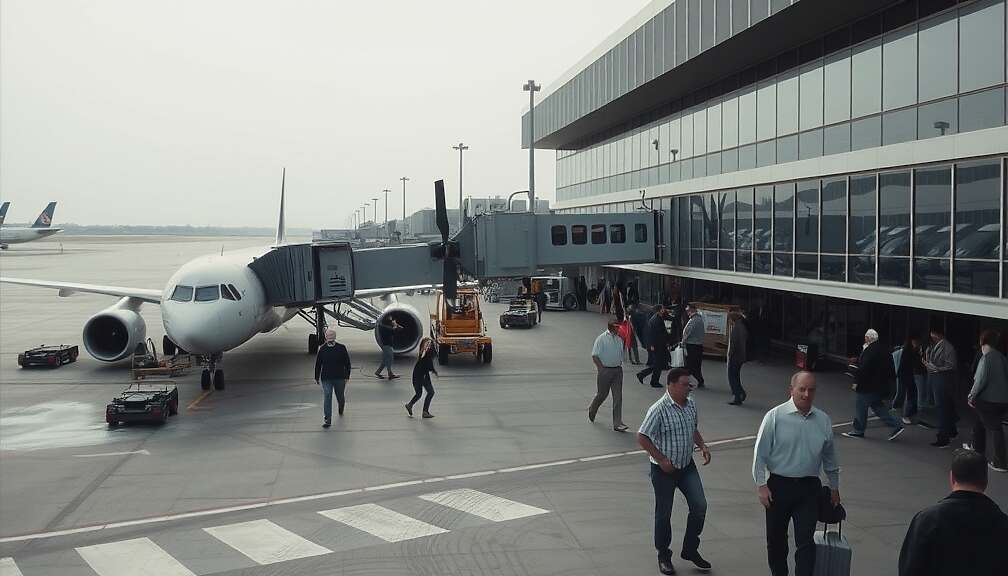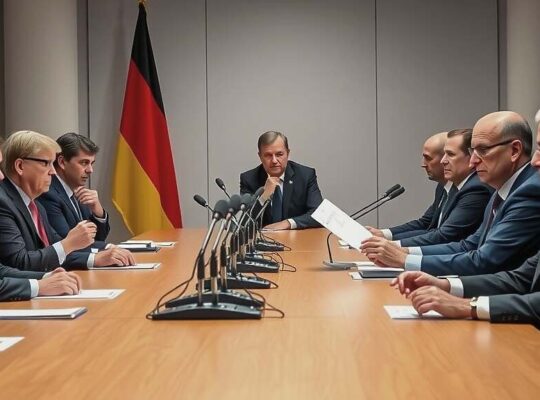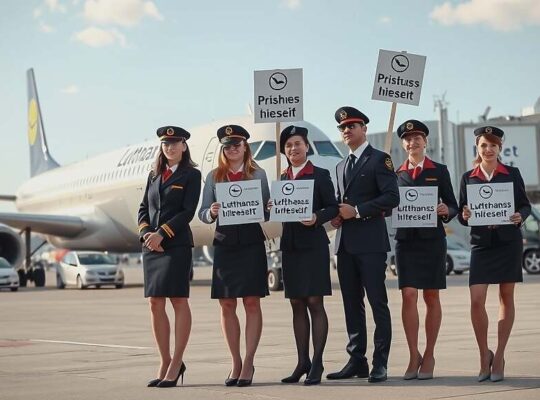Lufthansa Airlines’ CEO Jens Ritter has cautioned that further flight routes from German airports may be discontinued due to rising operational costs. In statements to the Funke-Mediengruppe newspapers, Ritter indicated that if routes become unprofitable, the airline will be compelled to reduce services and redeploy aircraft elsewhere.
The list of airports potentially under review includes Bremen, Dresden, Cologne, Leipzig, Münster, Nuremberg and Stuttgart, among others, assessed from a financial perspective.
Ritter expressed disappointment regarding the federal government’s failure to deliver on promises made in the coalition agreement. Initially, the agreement between the Union and SPD parties included pledges to alleviate the burden on the aviation sector, particularly concerning aviation-specific taxes, fees and charges and to reverse increases in air traffic tax. However, no such relief is currently planned in the 2026 draft budget.
According to Lufthansa, operational costs have continued to escalate since the beginning of the year. The company reports that landing and take-off fees have increased by 40 percent and air traffic control charges have risen by 25 percent.
Ritter characterized these high costs as a “negative development” arguing that entire economic centers in Germany are losing sufficient connections to international markets. He called for prompt political action to halt this trend and specifically urged reductions in costs associated with air traffic control and security services, emphasizing the need for greater state involvement. Furthermore, he advocated for a reduction in the air traffic tax.
Christoph Ploß, the German government’s Tourism Coordinator (CDU), voiced support for Lufthansa’s position, asserting the need to restore Germany’s appeal as an aviation hub. Ploß warned that if airlines shift operations to neighboring countries due to unfavorable conditions in Germany, decisive action is necessary – specifically, a reduction in the air traffic tax. He pointed to the relevant clause within the coalition agreement and highlighted the importance of such measures for Germany’s economic competitiveness.
Lufthansa data reveals that Germany currently ranks 28th out of 31 European countries in terms of the recovery of air traffic following the Covid-19 pandemic. The number of flights between German major cities has stagnated at approximately 20 percent of the 2019 level. When including feeder flights to the Frankfurt and Munich hubs, the flight offer has halved since 2019, the airline states.












